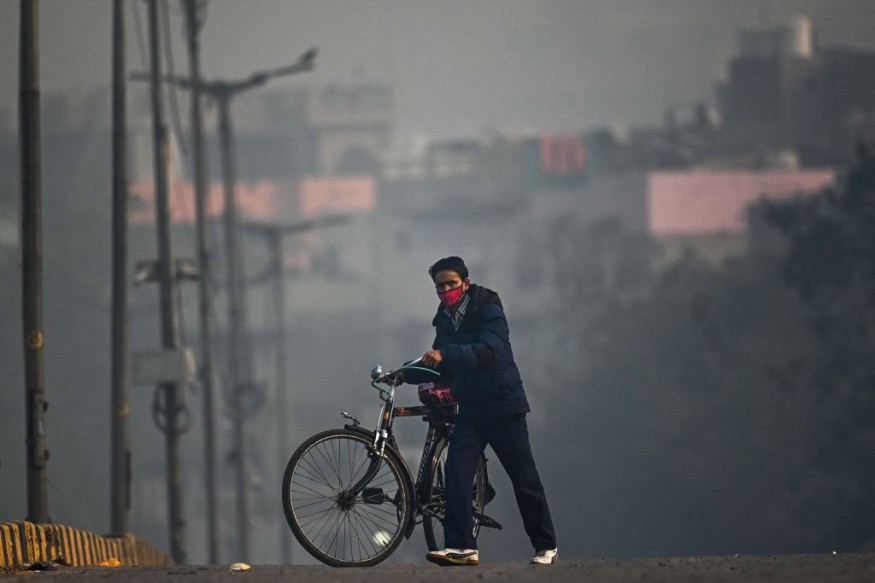The air quality in Delhi, India could shorten the lives of its residents by 11.9 years.

According to the Air Quality Life Index, India is considered to be the world's second most polluted country.
"If India were to reduce particulate pollution to meet the WHO guideline, residents in Delhi-India's capital and most populous city-would gain 11.9 years of life expectancy," it said.
Fine particulate air pollution (PM2.5) has the ability to shorten an average Indian's life expectancy by 5.3 years, which, according to experts, was relative to what it would be if the World Health Organization (WHO) guideline of 5 µg/m3 was met.
Experts said that some areas in India have much worse than average air quality, with air pollution shortening lives by 11.9 years in the National Capital Territory of Delhi.
India's capital is branded as the the most polluted city in the world.
India's air quality
The Air Quality Life Index stressed that all of India's 1.3 billion people have been residing in areas where the annual average particulate pollution level exceeds the WHO guideline.
Furthermore, it noted that 67.4% of the population have lived in areas that exceed the country's own national air quality standard of 40 µg/m3.
Experts have found that particulate pollution is considered as the greatest threat to human health in the country as it takes 5.3 years off the life of the average Indian.
In contrast, however, cardiovascular diseases reduce the average Indian's life expectancy by about 4.5 years.
Meanwhile, child and maternal malnutrition reduce life expectancy by 1.8 years.
Northern Plains is dubbed as the most polluted region of the country.
Due to this, a total of 521.2 million residents or 38.9% of India's population are on track to lose eight years of life expectancy on average relative to the WHO guideline and 4.5 years relative to the national standard if current pollution levels persist.
Particulate pollution
Scientists explained that particulate air pollution remains the world's greatest external risk to human health, but most of its adverse effects on global life expectancy are concentrated in at least six countries.
The National Institutes of Health said defined particulate air pollution as anything solid or liquid that is suspended in the air. It includes smoke, fumes, soot, and other combustion byproducts, as well as natural particles such as windblown dust, sea salt, pollen, and spores.
It has been observed that particulate pollution has increased over time.
From 1998 to 2021, average annual particulate pollution increased by 67.7%, further reducing average life expectancy by2.3 years.
Further, it was also found that from 2013 to 2021, 59.1% of the world's increase in pollution has come from India.
To recall, it was in 2019 when India declared a "war against pollution" and launched its National Clean Air Programme (NCAP) as it aims to reduce particulate pollution.
The NCAP originally aimed to reduce particulate pollution by 20 to 30 percent nationally relative to 2017 levels by 2024 and focused on 102 cities that were not meeting India's national annual average PM2.5 standard, or those branded as "non-attainment cities."
Related Article : Air Pollution from Stubble Burning Continue to Plague Northern India
Related Video:
© 2025 NatureWorldNews.com All rights reserved. Do not reproduce without permission.





